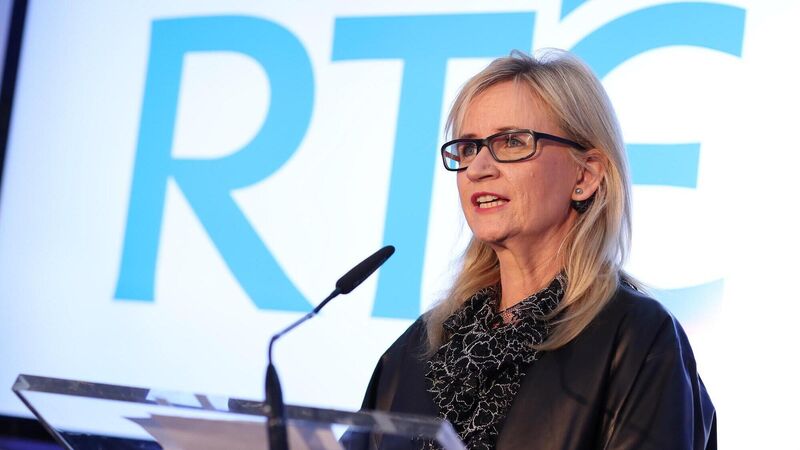RTÉ boss refutes 'bogus employer' charge

RTÉ director general Dee Forbes told the Public Accounts Committee that three things needed to happen in order to make RTÉ viable: “Public funding needs to be rectified, our costs need to reduce, and our commercial revenue needs to stabilise”. Picture: Maxwell Photography
RTÉ has denied that it has routinely retained contractors as bogus self-employed workers, but admitted that it has made an ‘initial payment’ to Revenue on foot of an audit.
“First of all, we’re not a bogus employer, RTÉ has a number of relationships with its staff,” the broadcaster’s director general, Dee Forbes, told the Public Accounts Committee.










